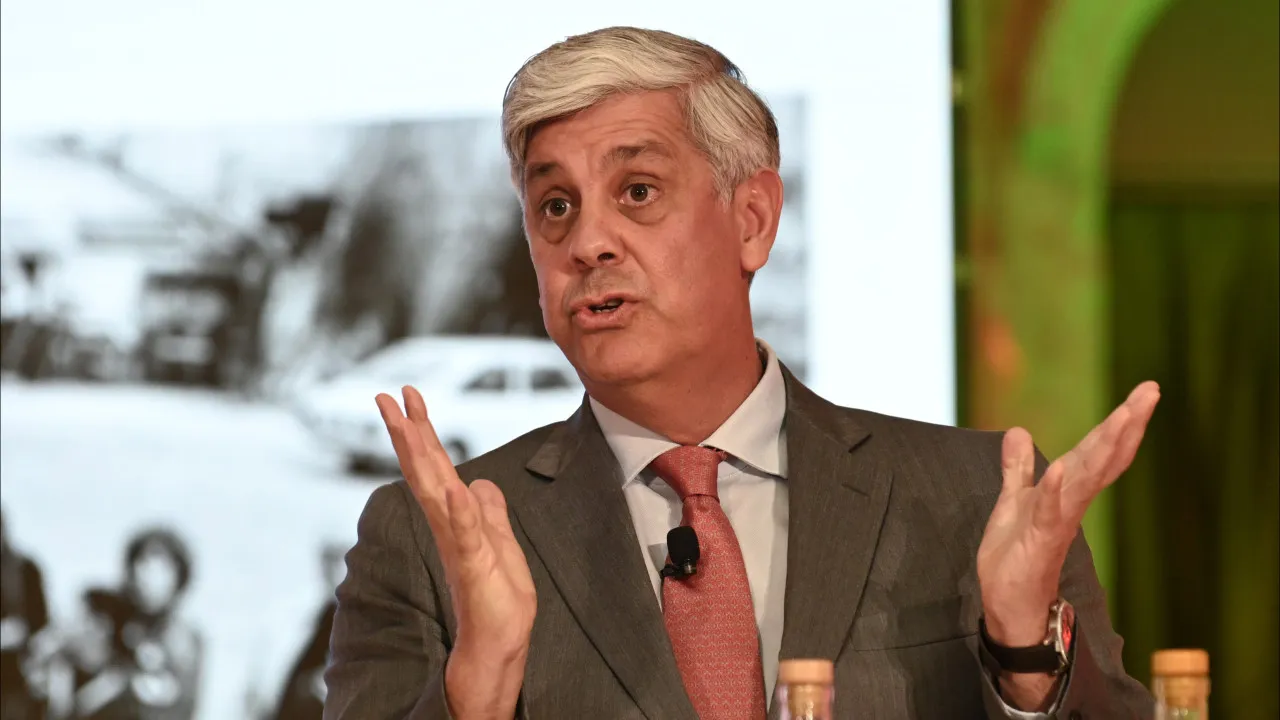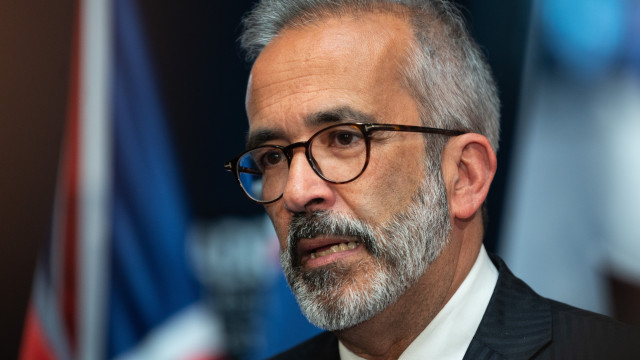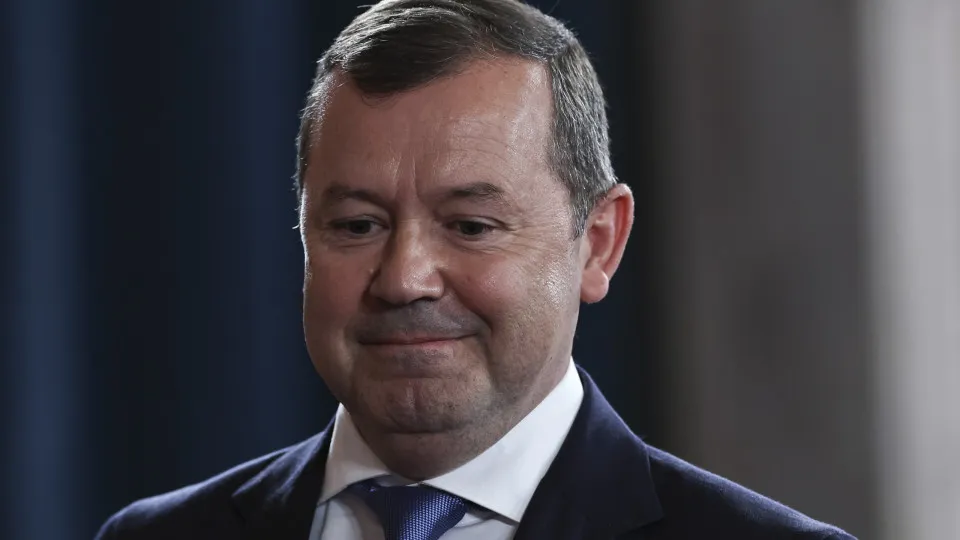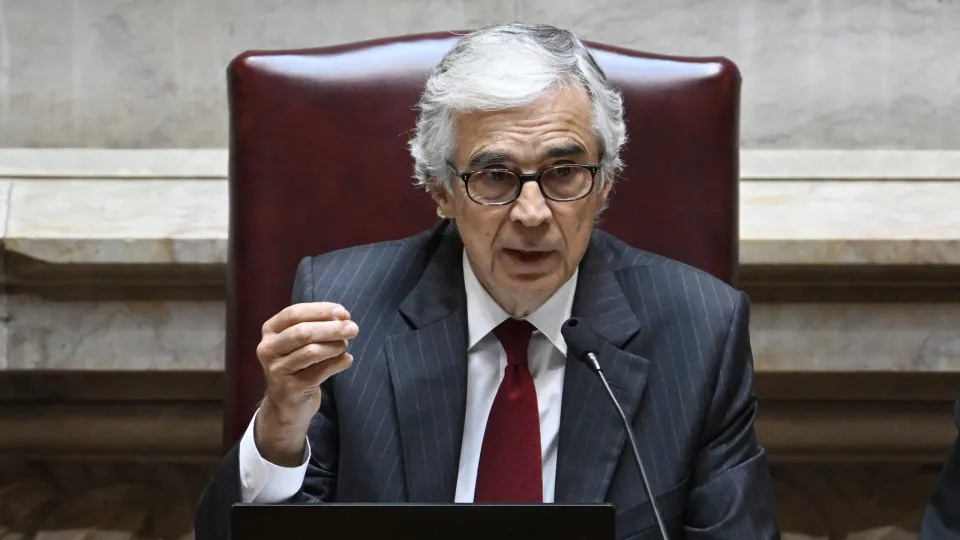
Mário Centeno is set to leave the Banco de Portugal (BdP) after a five-year term marked, particularly in recent months, by some disagreements with the governments led by Luís Montenegro.
In April of last year, just after assuming his position, Finance Minister Joaquim Miranda Sarmento set the tone of the relationship with Centeno by expressing surprise over the news that the central bank had incurred losses in 2023. This was despite Centeno having previously indicated that the central bank, like others in Europe, would no longer post positive results due to the tightening of monetary policy.
Centeno ensured that the accounts were delivered to the shareholder within the expected timeline, implying that the minister had access to the figures beforehand.
This beginning forecasted a history of tensions, with disagreements between Centeno and Miranda Sarmento including discussions about the emigration of young talent.
Centeno argued that Portugal could retain newly graduated individuals, while the Finance Minister insisted that Portugal has a “retention and attraction problem of young qualified people,” justifying measures aimed at them, such as the IRS Jovem.
One of these measures also prompted some warnings: the public guarantee for housing credit for first-time home buyers aged 18 to 35, with Centeno publicly stating multiple times that, even with the guarantee, banks cannot relax the adherence to lending rules.
Other government measures were equally scrutinized by the central bank, such as the reduction of corporate income tax (IRC).
The BdP published a study, at the end of 2024, concluding that the reduction of IRC would only benefit the economy if companies reinvested their tax savings, while the reduction stood as one of AD’s electoral promises.
Centeno defended the study conducted by BdP experts, which concluded that a one percentage point reduction in IRC would have a negative impact on the economy if businesses did not reinvest their savings. He argued that “that text is perhaps the most serious” piece he had seen “written about IRC in recent years” and that it “is consistent with BdP’s role of advising.”
There was also controversy when the Prime Minister decided to appoint Hélder Rosalino, a consultant at BdP at the time, as the Government’s secretary-general, with Centeno asserting that he would not pay the former BdP board member’s salary in the new role, which was eventually not assumed.
This case prompted the Finance Minister to convene BdP’s remuneration committee, which had not met for almost ten years.
The management of public finances and future projections were another point of tension between the governor, who as Finance Minister was responsible for the first budget surplus in democracy, and the executive led by Luís Montenegro.
Centeno had already issued warnings about the evolution of public spending, and more recently, the BdP was the first to project a deficit in 2025, while the Government expected a surplus of 0.3% of GDP.
The Prime Minister responded to these projections by stating that the BdP was “contrary” in its forecasts, as other institutions did not predict a negative balance.
The potential reappointment of Centeno was also a topic, as he stated in interviews his willingness to continue, but the Government never confirmed its intentions, ultimately announcing the economist Álvaro Santos Pereira as the new governor.
Earlier this week, following the conclusion of Mário Centeno’s term (which ended on Sunday), the Government announced it would request an audit from the Inspectorate General of Finances (IGF) regarding the Banco de Portugal’s new building construction process.
The issue concerns the contract signed in May between the central bank, led by Centeno, and Fidelidade to purchase a building on the grounds of the former Feira Popular in Entrecampos, Lisbon, for Banco de Portugal’s future headquarters, at 191.99 million euros, with the final transaction expected by the end of 2027.
On Monday, July 21, it was reported that the cost of the future headquarters will exceed 192 million euros, as the figure only includes the structural works. It is estimated that the total cost could rise to 235 million euros.
The report also mentioned warnings from Banco de Portugal consultants regarding licensing and the potential need for an environmental impact assessment for the parking lot construction.
This information prompted the institution to respond to questions, stating that all norms were being followed in the building’s purchase process.




